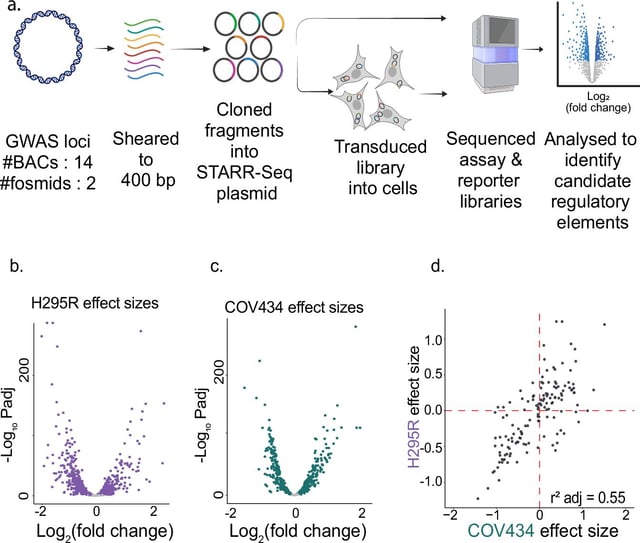Overview
- Peer-reviewed results in Nature Communications provide direct mechanistic evidence linking inherited regulatory DNA at DENND1A to hormone excess.
- Activating DENND1A regulatory regions in human adrenal steroid–producing cells increased DENND1A expression and drove testosterone production in a PCOS model.
- Researchers mapped more than 1,000 regulatory elements across 14 PCOS-associated loci, highlighting candidates such as FSHB and GATA4 for future interrogation.
- The framework integrates high-throughput reporter assays with GWAS prioritization to pinpoint disease-relevant regulatory switches for functional testing.
- Authors describe the work as proof-of-concept and plan to expand the approach to additional PCOS loci and more diverse populations to guide potential therapeutic targets.

